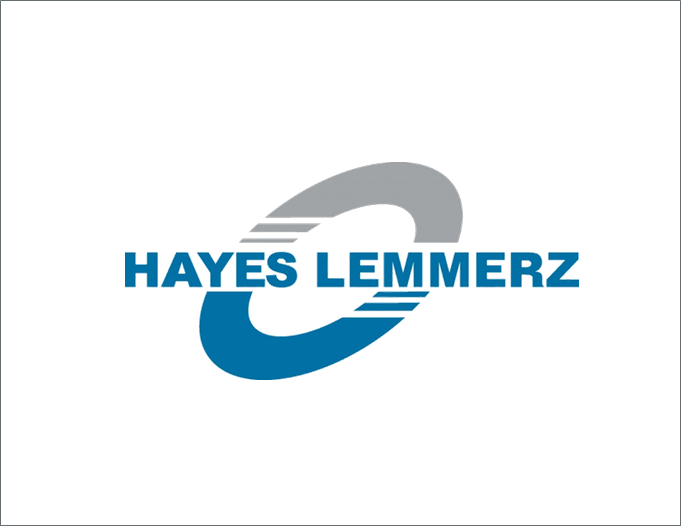KARMALOOP - CASE STUDY
Industry: Consumer / Retail
Transaction Type: Chapter 11 §363 Sale
COMPANY DESCRIPTION
Karmaloop, Inc. (“Karmaloop”) sells apparel and accessories for men and women online. It offers accessories; beauty products; clothing; footwear; home and technical products; vintage; intimates; and hardgoods. Karmaloop was founded in 1999 and is based in Boston, Massachusetts.
SITUATION OVERVIEW
On March 23, 2015, the Company filed for Chapter 11 bankruptcy protection in the District of Delaware, due to large shifts in industry-wide trends, constrained liquidity profile and lack of capital to purchase sufficient inventory to meet demand, inability to fully adapt to more profitable business strategies, and over-ambitious expansion efforts.
EMERALD SOLUTION
In connection with the chapter 11 filing, Emerald professionals were retained as the exclusive financial advisor to the Official Committee of Unsecured Creditors of Karmaloop, focusing on the following action items:
- Analyzing the flow of value as it pertained to the proposed DIP
- Developing a proprietary list of potential buyers
TRANSACTION RESULTS
In connection with the bankruptcy filing, the prepetition first lien lenders (a consortium of lenders led by Comvest Partners and CapX Partners) provided a $30.9 million DIP facility to Karmaloop.
- The prepetition first lien lenders also submitted a credit bid of $13.0 million to serve as the stalking horse bid.
- However, $27.9 million of that commitment was a rollup of the lender’s pre-petition debt, meaning the Company only had access to $3.0 million in “new money.”
- After analyzing the low percentage of new money and the exorbitant proposed fees and interest rate of the facility, Emerald determined that the proposed DIP facility must be blocked to allow for the General Unsecured Creditors to preserve value and allow for a recovery.
With Emerald’s assistance, the Committee successfully opposed Karmaloop’s DIP motion and sale motion.
- After analyzing sale timelines in recent, relevant cases within the same district, Emerald determined that the sales timeline was too short to run a robust sales process to maximize sale proceeds and successfully argued for a longer sales timeline.
- Emerald’s DIP analysis was crucial in limiting the roll-up to only $10.0 million, rather than $27.9 million, and the administrative claim amount was capped at the value of the credit bid.







